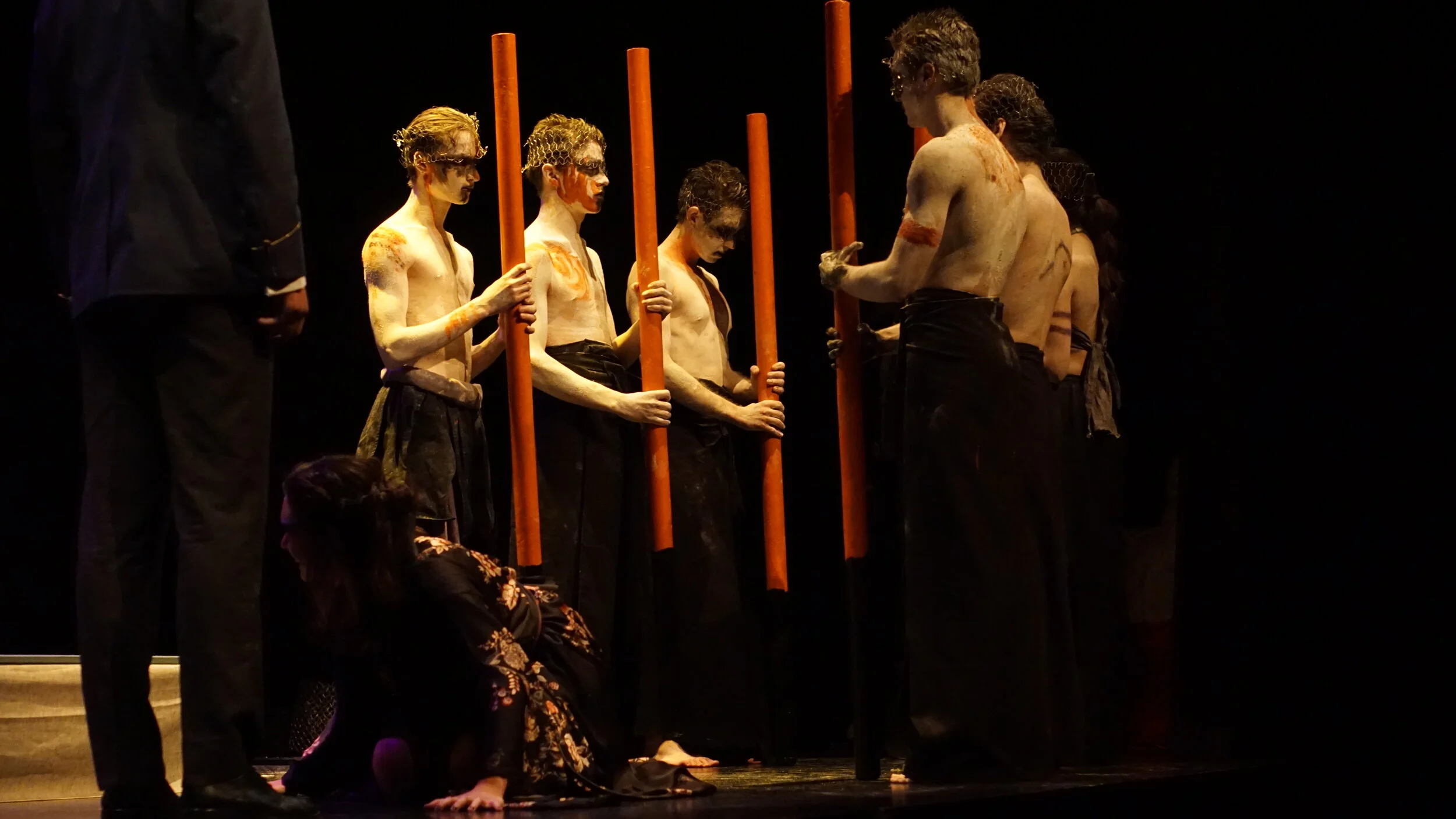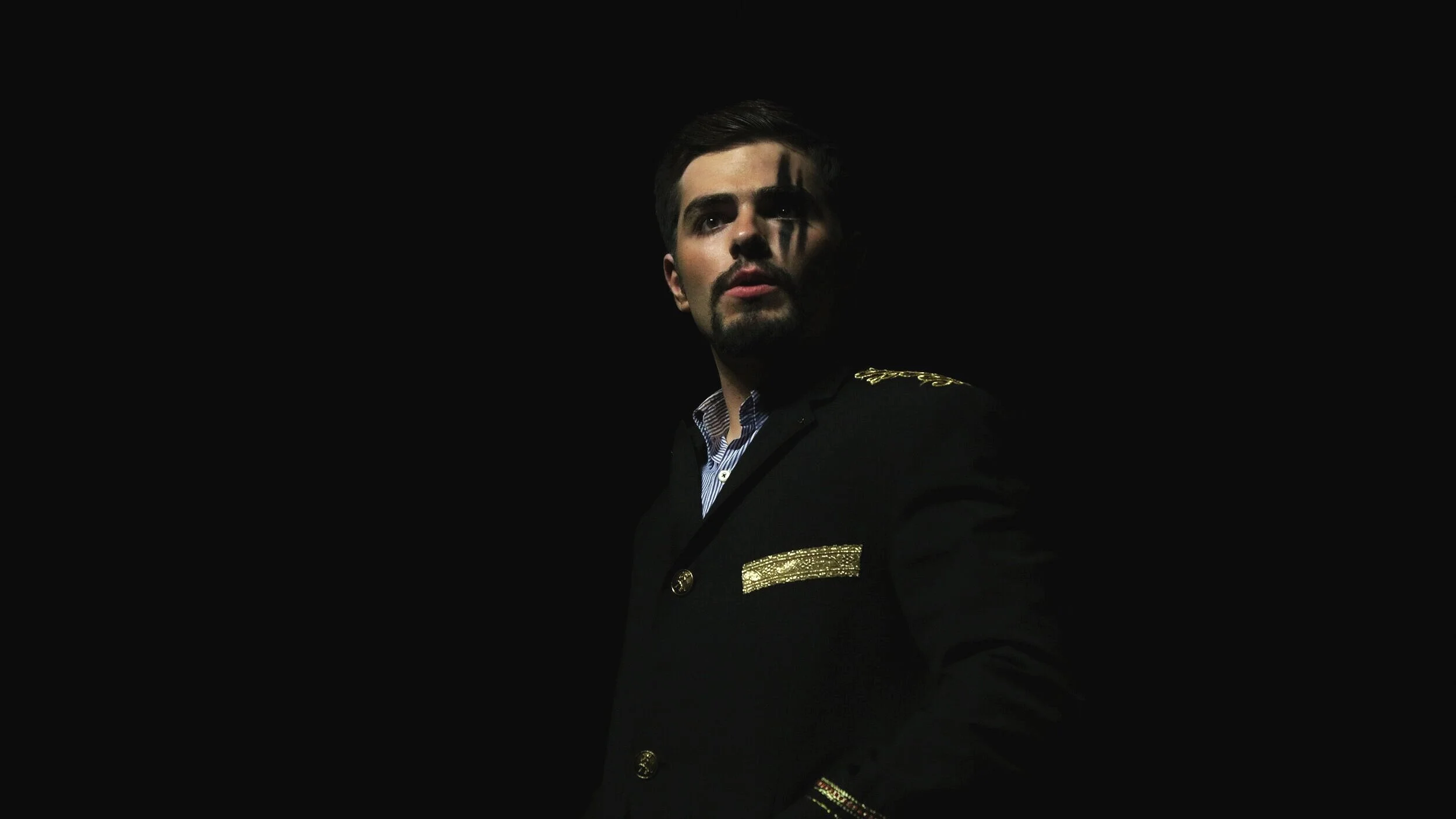MEDEA
Medea is the result of two years of study and preparation. I developed my adaptation of Medea using the texts of Euripides and Seneca and François-Benoît Hoffma’s libretto. I believe Medea to be a universal story, a conflict that transcends the time and space in which it was originally placed.
MEDEA is one of the most complex and strongest theatrical characters ever written; her strength and mystery irremediably seduce any reader. No one can resist the lament of this woman who -albeit a legend- is nevertheless, in her thoughts and desires, so contemporary to our days (and to the whole of History).
Her confrontation with Jason represents an ancient yet timeless reality; the never-ending battle between tradition and modernity, passion and temperance, desire and love, sanity and fatality on a mind troubled by pain and betrayal.
I specifically focused my vision as a director on the conflict between tradition and progress. To this end, I placed my Medea in Japan at the end of the Meji Era. I must confess that Puccini’s Madama Butterfly deeply inspires this idea, for indeed the story of this extraordinary opera shares much with Medea’s myth and characters except, of course, for its ending.
I pictured the character of Medea as a traditional Japanese woman while presenting Jason as a modernized gentleman who has acquired the ways and the customs of the West. In this way, I presented Medea as the paragon of religion, family and tradition, while Jason was depicted as the advocate of modernity and sociopolitical progress.









